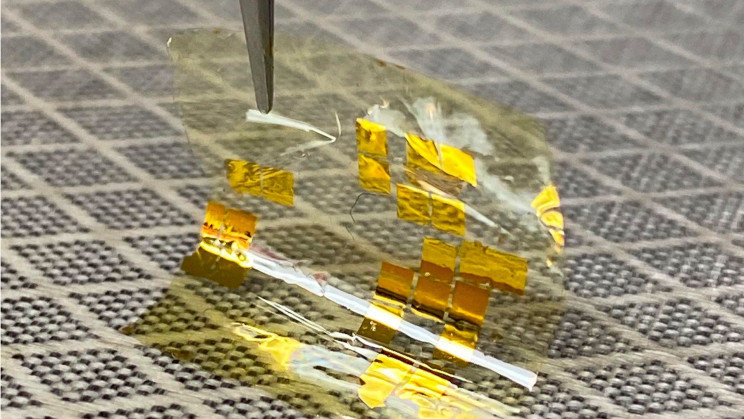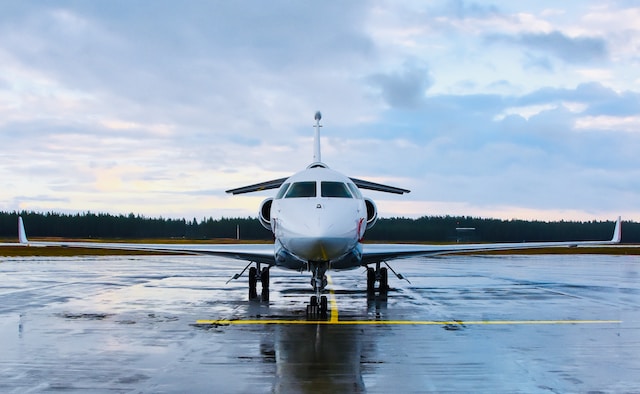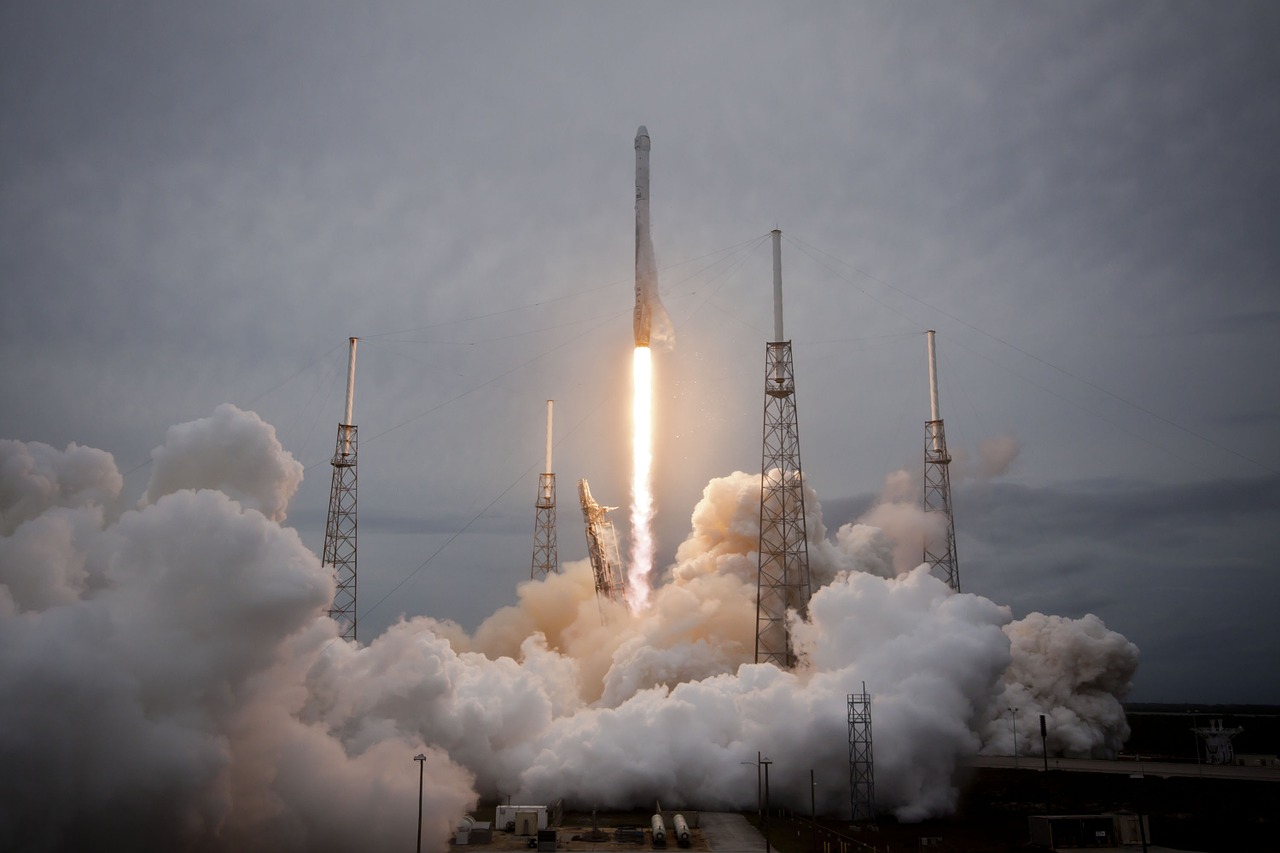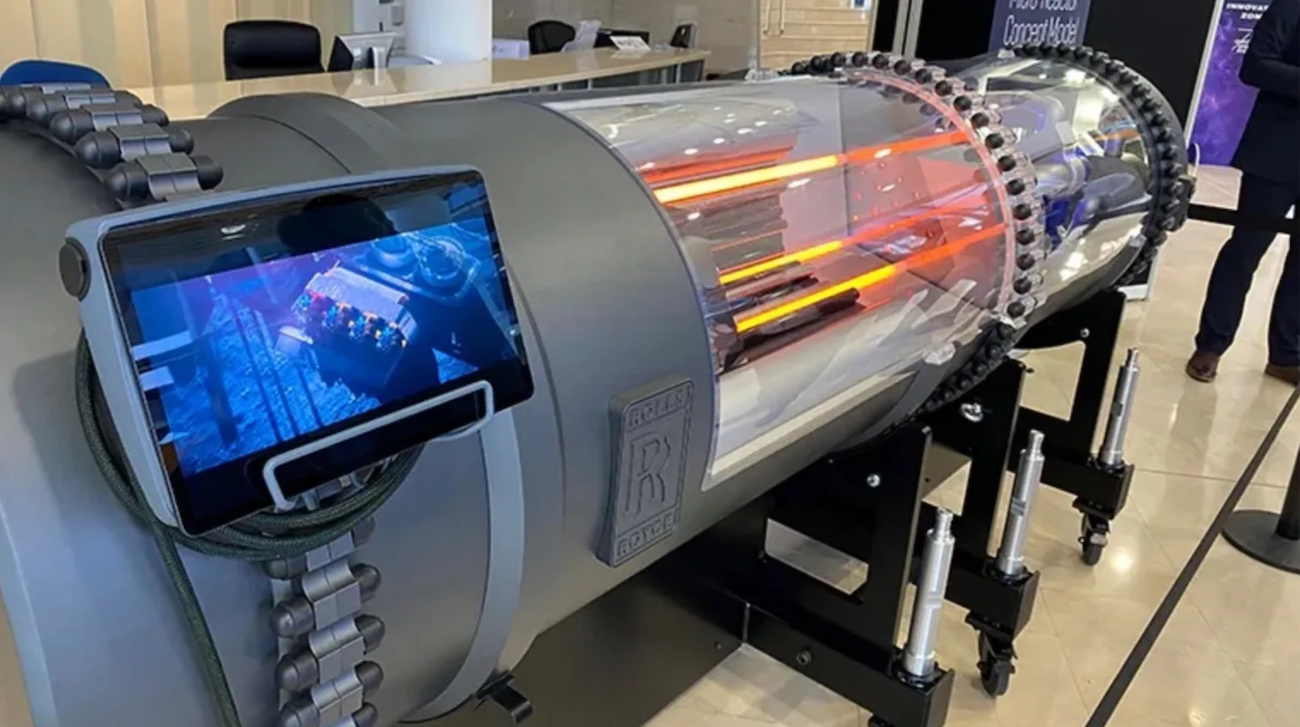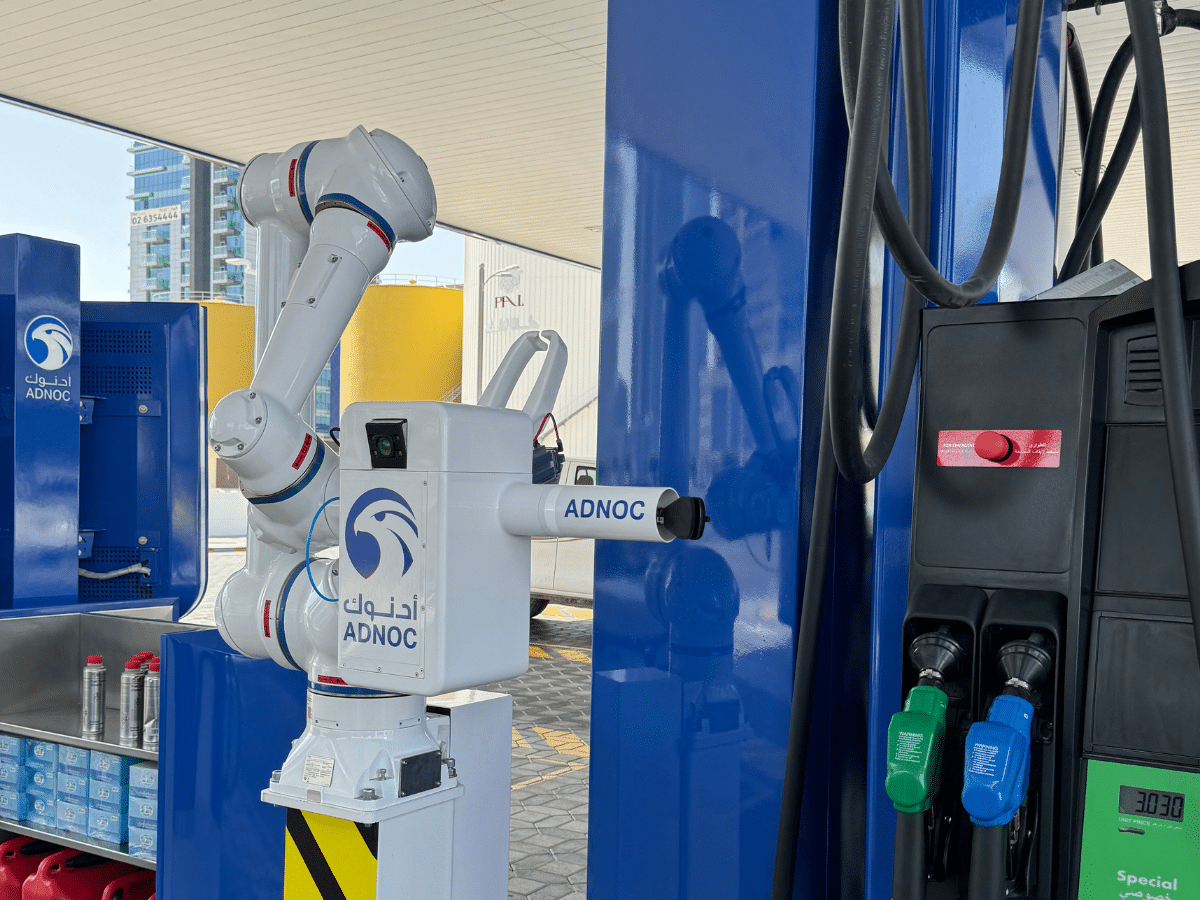Mitsubishi Heavy Industries is currently in ongoing talks with Britain’s BAE Systems on the subject of providing parts for the F-35 stealth fighter.
What’s the significance?
If a deal is agreed upon, it would mark the inaugural involvement of a Japanese manufacturer in a global weapons program. The deal would also signify a break in Japan’s increasing military self-reliance.
Mitsubishi Heavy Fast Facts
- Mitsubishi Heavy already has a contract worth over $620 million for final assembly for 42 F-35 stealth fighters currently on order by the Japanese military
- World War Two’s famous Zero fighter jet was created by Mitsubishi Heavy
- The new F-35 deal would solidify Mitsubishi Heavy as a major player on a project to deliver the fighter jet of the future for the U.S. and its allies
The deal breaker involves whether or not Tokyo will subsidize the manufacture of components for the rear fuselage of the F-35, which according to multiple sources Mitsubishi is seeking to supply as a subcontractor. The subsidy appears to be a necessity for Mitsubishi Heavy as they would find it difficult to manufacture components for BAE without incurring a loss if they are not granted the subsidy.
Fifteen percent of the construction of each F-35 lies in the rear fuselage of which BAE is responsible for making. The rear fuselage is extremely important because it makes the jet difficult to detect while in flight. The rear fuselage construction is estimated to be worth billions of dollars based on F-35 sales projections.
Ever since Japan’s government declared the F-35 as its next-generation in 2011, the Japanese have been looking to become more invested in a deeper role for its suppliers in the F-35 fighter jets program.
Currently, the $620 million for Mitsubishi Heavy’s F-35 assembly plant, the $175 million from IHI Corp to build engine parts and the $55 million allocated for Mitsubishi Electric to build radar components relate to F-35s that will be flown solely by Japan’s Self-Defense Forces and not the broader F-35 program.
Becoming a global supplier to Lockheed Martin through this new deal could open the door for Japanese manufacturers in the wider F-35 program, which could include a global fleet of upwards of 3,000 stealth aircraft.

